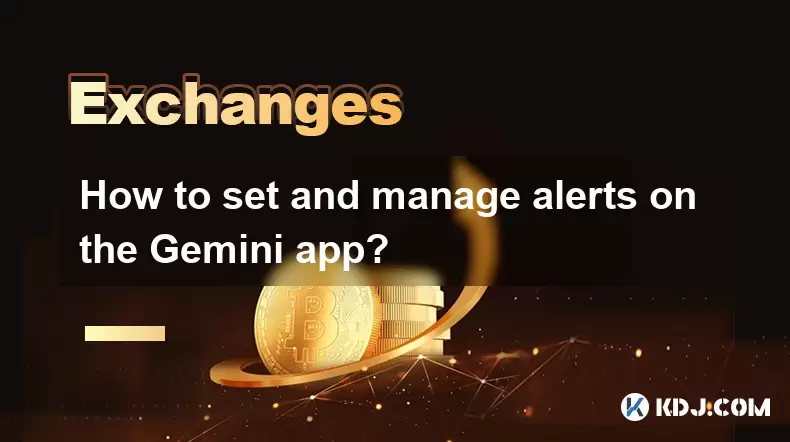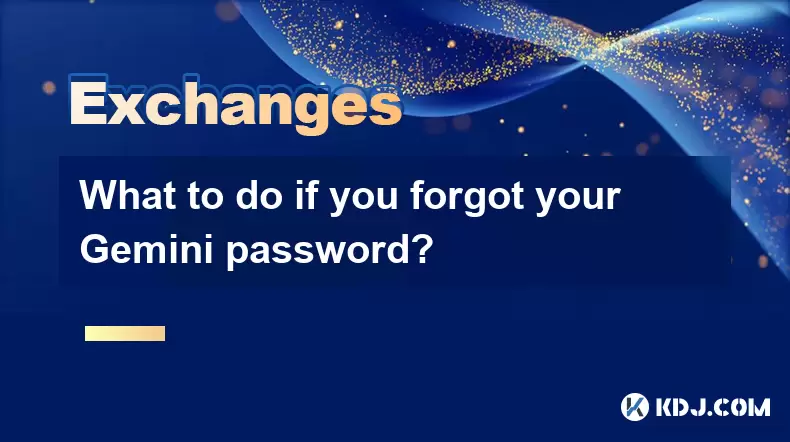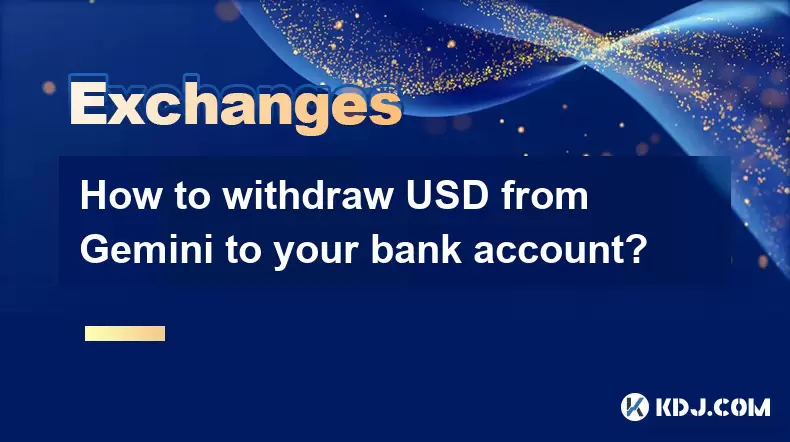-
 Bitcoin
Bitcoin $114400
0.68% -
 Ethereum
Ethereum $3550
2.48% -
 XRP
XRP $3.001
4.99% -
 Tether USDt
Tether USDt $0.9999
0.01% -
 BNB
BNB $757.6
1.46% -
 Solana
Solana $162.9
1.07% -
 USDC
USDC $0.9998
0.00% -
 TRON
TRON $0.3294
0.91% -
 Dogecoin
Dogecoin $0.2015
2.46% -
 Cardano
Cardano $0.7379
2.01% -
 Stellar
Stellar $0.4141
8.83% -
 Hyperliquid
Hyperliquid $37.83
-1.91% -
 Sui
Sui $3.454
0.76% -
 Chainlink
Chainlink $16.62
3.53% -
 Bitcoin Cash
Bitcoin Cash $554.6
2.84% -
 Hedera
Hedera $0.2486
3.91% -
 Ethena USDe
Ethena USDe $1.001
0.00% -
 Avalanche
Avalanche $21.95
3.34% -
 Toncoin
Toncoin $3.563
-2.85% -
 Litecoin
Litecoin $112.7
2.65% -
 UNUS SED LEO
UNUS SED LEO $8.977
0.13% -
 Shiba Inu
Shiba Inu $0.00001232
1.85% -
 Uniswap
Uniswap $9.319
2.93% -
 Polkadot
Polkadot $3.632
1.38% -
 Monero
Monero $307.2
2.36% -
 Dai
Dai $0.9997
-0.03% -
 Bitget Token
Bitget Token $4.340
0.91% -
 Pepe
Pepe $0.00001048
1.07% -
 Cronos
Cronos $0.1348
3.26% -
 Aave
Aave $261.5
1.93%
Is Coinbase insured by the FDIC?
Coinbase does not offer FDIC insurance for cryptocurrency holdings, but fiat deposits may be protected through partner banks.
Jul 05, 2025 at 07:32 pm

Understanding Coinbase and Its Role in Cryptocurrency
Coinbase is one of the most prominent cryptocurrency exchanges in the United States, offering a platform for users to buy, sell, store, and manage various digital assets. As a regulated financial services company, it has gained trust among both novice and experienced investors. However, many users are unclear about whether Coinbase offers FDIC insurance, especially since traditional banks provide this protection for fiat deposits.
Unlike traditional banks, Coinbase operates differently when it comes to asset storage and custodial services. While the platform does hold user funds, including USD balances, it's essential to distinguish between how fiat currency and cryptocurrencies are treated within the system. This distinction plays a crucial role in understanding the extent of FDIC coverage, if any, on user accounts.
What Is FDIC Insurance and How Does It Work?
The Federal Deposit Insurance Corporation (FDIC) is a U.S. government agency that protects depositors' funds in case of bank failure. Typically, FDIC insurance covers up to $250,000 per depositor, per insured bank, for each account ownership category. This includes checking accounts, savings accounts, and certificates of deposit (CDs).
However, FDIC insurance applies only to traditional banking institutions that are members of the FDIC. The protection does not extend to investments such as stocks, bonds, or cryptocurrencies. Therefore, even though Coinbase may offer a USD wallet feature, this does not automatically mean those funds are FDIC-insured, especially if they are held outside of a traditional banking structure.
Does Coinbase Offer FDIC Insurance for Fiat Deposits?
Some Coinbase users have reported seeing references to FDIC insurance when making USD deposits. This can be misleading unless understood in context. The FDIC does not directly insure funds stored on Coinbase, but certain features might indirectly benefit from FDIC protections.
For instance, when users deposit USD into their Coinbase account, those funds are typically held at partner banks that are FDIC-insured. This means that if Coinbase were to face insolvency, the underlying cash would still reside in an FDIC-protected bank account. However, this protection only applies to the fiat portion of the holdings—not to any cryptocurrencies purchased or stored on the platform.
It's also important to note that if you convert your USD into crypto, those funds no longer qualify for FDIC coverage, regardless of where the original deposit was held. Therefore, while there may be indirect FDIC protections for fiat, users should not assume full insurance coverage for their entire Coinbase balance.
How Are Cryptocurrencies Treated Under FDIC Guidelines?
One of the core misunderstandings revolves around whether cryptocurrencies themselves can be FDIC-insured. According to current regulations, the FDIC does not cover losses related to digital assets. This includes Bitcoin, Ethereum, and other tokens traded on platforms like Coinbase.
Cryptocurrencies are classified as assets rather than deposits, which places them outside the scope of FDIC insurance. Even if Coinbase stores these digital assets securely, there is no government-backed guarantee against loss due to hacking, exchange failure, or technical issues.
Additionally, while Coinbase maintains its own security measures and insurance policies to protect against theft, these are separate from FDIC protections and vary based on the type of breach or incident. Users should familiarize themselves with Coinbase’s internal insurance framework to better understand what risks are mitigated by the platform itself.
Steps to Verify Your Account’s Coverage on Coinbase
If you're concerned about the safety of your funds on Coinbase, here are steps you can take:
- Check your USD balance: Ensure that your USD remains unconverted and is held within Coinbase's fiat wallet.
- Review Coinbase’s disclosures: Navigate to the legal section of the Coinbase website and read through their terms regarding FDIC insurance.
- Contact customer support: Ask specific questions about how your fiat funds are stored and whether they are held at FDIC-insured institutions.
- Consider using a cold wallet: For larger crypto holdings, transferring them to a personal hardware wallet removes reliance on third-party protections entirely.
- Understand your risk exposure: Recognize that any crypto assets are inherently uninsured by the FDIC and should be treated accordingly.
By following these steps, you gain clarity on the actual level of protection provided to your fiat and crypto assets.
Frequently Asked Questions (FAQ)
Q: Can I get FDIC insurance for my crypto holdings on Coinbase?
A: No, FDIC insurance does not apply to cryptocurrencies. Only fiat currencies held in traditional bank accounts are eligible, and even then, only under specific conditions.
Q: If my USD is in my Coinbase account, is it safe if the platform goes bankrupt?
A: Your USD may be protected if it is held at an FDIC-insured partner bank, but this depends on Coinbase's custodial practices and regulatory compliance during liquidation proceedings.
Q: Does Coinbase offer any insurance for crypto assets?
A: Yes, Coinbase has its own insurance policy covering certain types of theft or security breaches, but it is not equivalent to FDIC insurance and does not cover all potential losses.
Q: Should I rely solely on Coinbase for storing large amounts of crypto?
A: It's generally advised to use external wallets for significant holdings, as third-party platforms always carry some degree of operational and counterparty risk.
Disclaimer:info@kdj.com
The information provided is not trading advice. kdj.com does not assume any responsibility for any investments made based on the information provided in this article. Cryptocurrencies are highly volatile and it is highly recommended that you invest with caution after thorough research!
If you believe that the content used on this website infringes your copyright, please contact us immediately (info@kdj.com) and we will delete it promptly.
- Cryptocurrency, Altcoins, and Profit Potential: Navigating the Wild West
- 2025-08-04 14:50:11
- Blue Gold & Crypto: Investing Disruption in Precious Metals
- 2025-08-04 14:30:11
- Japan, Metaplanet, and Bitcoin Acquisition: A New Era of Corporate Treasury?
- 2025-08-04 14:30:11
- Coinbase's Buy Rating & Bitcoin's Bold Future: A Canaccord Genuity Perspective
- 2025-08-04 14:50:11
- Coinbase's Buy Rating Maintained by Rosenblatt Securities: A Deep Dive
- 2025-08-04 14:55:11
- Cryptos, Strategic Choices, High Returns: Navigating the Meme Coin Mania
- 2025-08-04 14:55:11
Related knowledge

How to set and manage alerts on the Gemini app?
Aug 03,2025 at 11:00am
Understanding the Gemini App Alert SystemThe Gemini app offers users a powerful way to stay informed about their cryptocurrency holdings, price moveme...

How to use the Gemini mobile app to trade on the go?
Aug 04,2025 at 09:14am
Setting Up the Gemini Mobile AppTo begin trading on the go using the Gemini mobile app, the first step is installing the application on your smartphon...

What to do if you forgot your Gemini password?
Aug 04,2025 at 03:42am
Understanding the Role of Passwords in Gemini AccountsWhen using Gemini, a regulated cryptocurrency exchange platform, your password serves as one of ...

What are the websocket feeds available from the Gemini API?
Aug 03,2025 at 07:43pm
Overview of Gemini WebSocket FeedsThe Gemini API provides real-time market data through its WebSocket feeds, enabling developers and traders to receiv...

How to withdraw USD from Gemini to your bank account?
Aug 04,2025 at 11:01am
Understanding Gemini and USD WithdrawalsGemini is a regulated cryptocurrency exchange platform that allows users to buy, sell, trade, and store digita...

How to manage your portfolio on Gemini?
Aug 03,2025 at 10:36am
Accessing Your Gemini Portfolio DashboardTo begin managing your portfolio on Gemini, you must first log in to your account through the official websit...

How to set and manage alerts on the Gemini app?
Aug 03,2025 at 11:00am
Understanding the Gemini App Alert SystemThe Gemini app offers users a powerful way to stay informed about their cryptocurrency holdings, price moveme...

How to use the Gemini mobile app to trade on the go?
Aug 04,2025 at 09:14am
Setting Up the Gemini Mobile AppTo begin trading on the go using the Gemini mobile app, the first step is installing the application on your smartphon...

What to do if you forgot your Gemini password?
Aug 04,2025 at 03:42am
Understanding the Role of Passwords in Gemini AccountsWhen using Gemini, a regulated cryptocurrency exchange platform, your password serves as one of ...

What are the websocket feeds available from the Gemini API?
Aug 03,2025 at 07:43pm
Overview of Gemini WebSocket FeedsThe Gemini API provides real-time market data through its WebSocket feeds, enabling developers and traders to receiv...

How to withdraw USD from Gemini to your bank account?
Aug 04,2025 at 11:01am
Understanding Gemini and USD WithdrawalsGemini is a regulated cryptocurrency exchange platform that allows users to buy, sell, trade, and store digita...

How to manage your portfolio on Gemini?
Aug 03,2025 at 10:36am
Accessing Your Gemini Portfolio DashboardTo begin managing your portfolio on Gemini, you must first log in to your account through the official websit...
See all articles

























































































